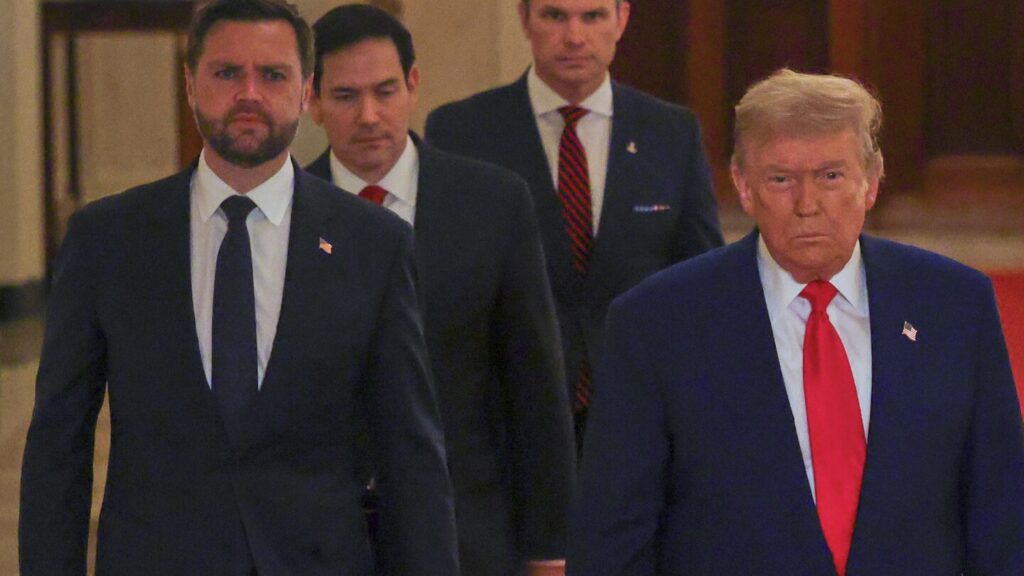President Donald Trump has urged increased oil production in the U.S. and other oil-producing nations amidst volatile crude prices following U.S. strikes on Iranian nuclear facilities. Trump’s call for heightened drilling came as tensions escalated, with Iran launching attacks on U.S. forces in retaliation. The attacks targeted the Al Udeid Air Base in Qatar and the Ain al-Assad base in western Iraq, with no group claiming responsibility for the latter assault.
The White House and Pentagon closely monitored threats to the Al Udeid base, a crucial U.S. military facility in the region. As global markets reacted to the events, concerns grew over potential disruptions to oil supply routes, particularly the vital Strait of Hormuz. Iran’s parliament approved the possibility of blocking the strait, a move that could significantly impact global oil and gas trade.
Amidst escalating tensions, the U.S. issued travel warnings and increased evacuation measures for American citizens in the Middle East. While the situation remains fluid, many analysts doubt Iran will fully close the strait due to potential repercussions on its own economy and international relations.
The article also discusses the economic and geopolitical implications of potential conflict, drawing comparisons to previous situations involving Russia and Ukraine. Despite Trump’s remarks questioning Iran’s ruling regime, the administration maintains its stance on negotiations and avoiding further escalation. As uncertainties persist, the situation underscores the intricate balance between economic ties and geopolitical tensions in the region.

